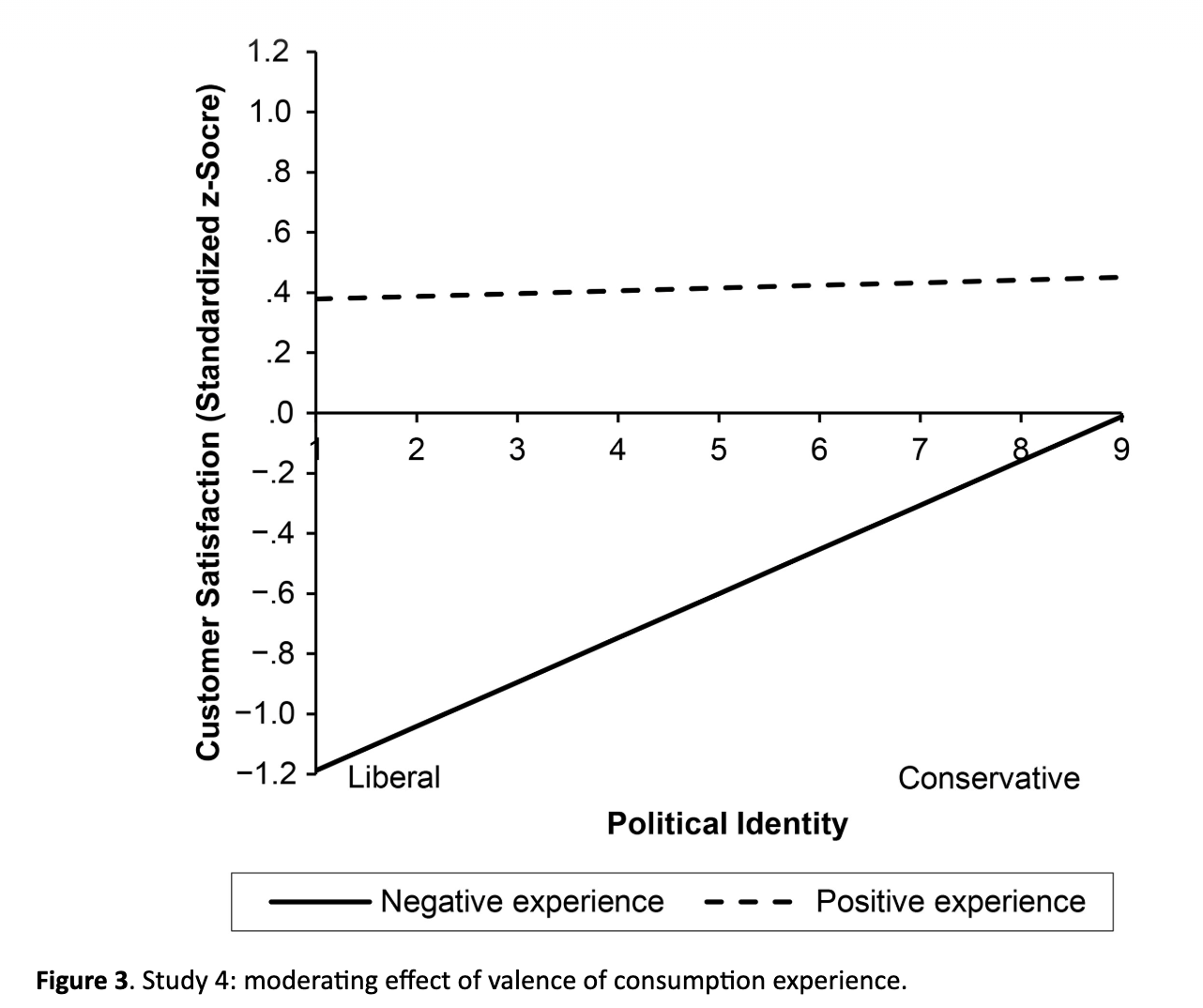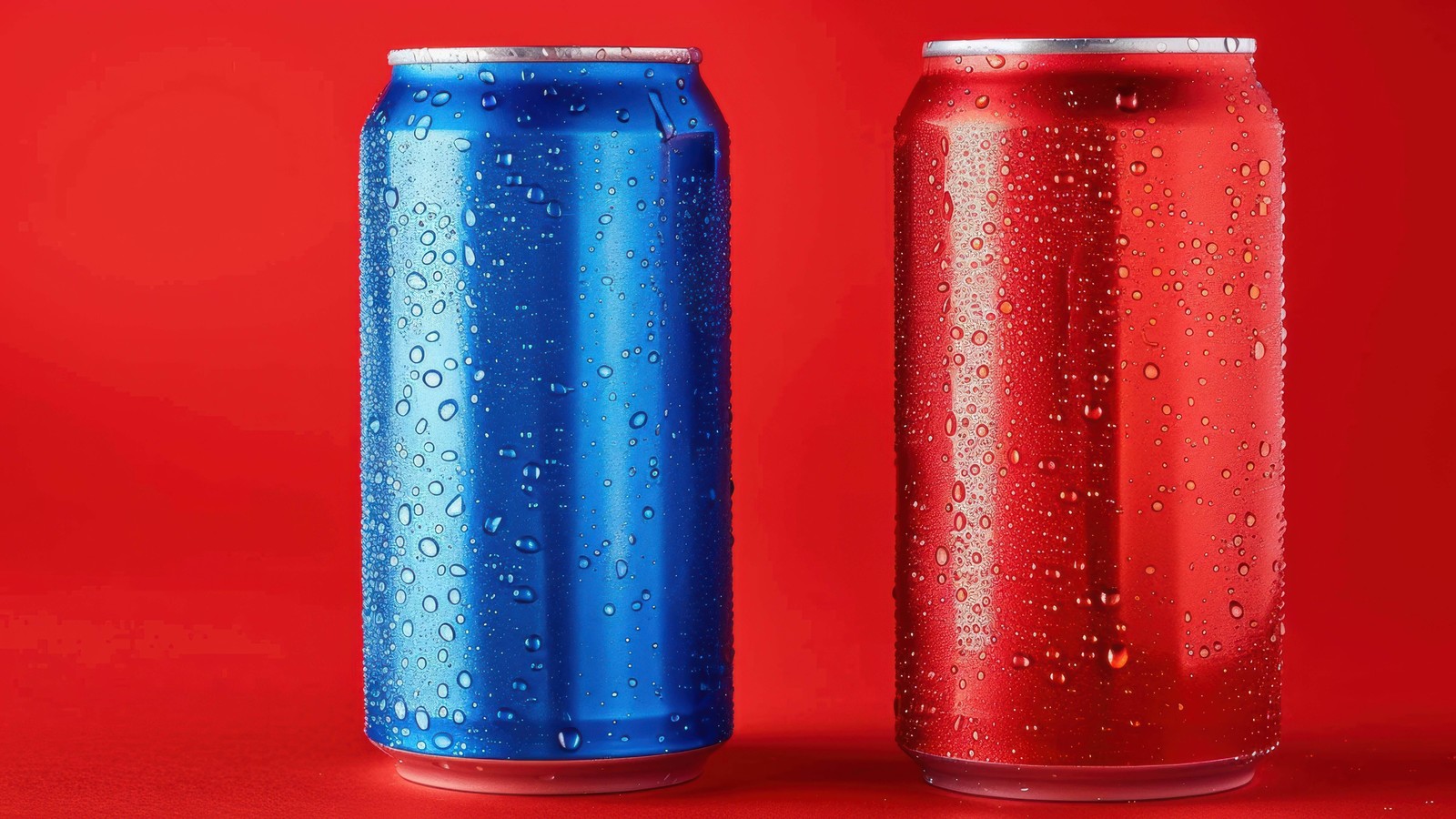

Your Politics Could Be the Reason You Love (or Hate) Your Latest Purchase
Research shows that conservatives are generally more satisfied with their purchases than liberals. But why?
Based on research by Vikas Mittal (Rice Business), Daniel Fernandes (Catholic University of Portugal), Nailya Ordabayeva (Dartmouth), Kyuhong Han (Korea University) and Jihye Jung (UT – San Antonio)
Key findings:
- Across nine studies, conservatives consistently reported higher satisfaction with purchases than liberals.
- Experimental manipulation reducing belief in free will decreased conservatives’ satisfaction, while focusing liberals on positive past purchases increased theirs.
- Conservatives’ higher satisfaction led to an increase in recommendations and repeat purchases across multiple industries.
Imagine you've just ordered a coffee at that new place down the street. As you take the first sip, your satisfaction with it would seem tied with flavor, drink price and quality of service.
But what if your political beliefs also play a role in how satisfied you are with your purchase? And, if so, why? Until now, answers to these question have been unclear.
Previous studies have examined the influence of political identity on consumer preferences and choices, but its impact on product satisfaction has been unclear. According to new research, liberals and conservatives experience consumer satisfaction in profoundly different ways.
Belief in Free Will Impacts Satisfaction
In a paper published in the Journal of Marketing, a research team including Rice Business professor Vikas Mittal demonstrates that political identity plays a crucial role in shaping customer satisfaction. Across a series of experiments and surveys with more than 760,0000 customers, Mittal et al. demonstrate that conservatives are consistently more satisfied than liberals with the products and services they use.
“Our studies show that because conservatives are more likely to believe in free will and put more trust in their decision-making, they tend to be more satisfied with their purchase choices,” Mittal says.

To arrive at their findings, the researchers conducted nine experiments — a mix of controlled lab tests plus analyses of real-world data across a variety of industries. The first study asked 412 adults to share their political ideology and rate their satisfaction with a purchase they made over the last two years that cost at least $30. Researchers also measured the participants’ belief in free will and found that that political identity affected customer satisfaction.
In subsequent lab experiments, the researchers aimed to reduce study participants’ belief in free will. They did this by presenting them with scientific evidence suggesting that behavior is determined by situational factors rather than personal choice. The researchers discovered that after this intervention, conservative customer satisfaction declined. Conservatives were also less satisfied when given fewer choices — effectively lowering the perception of free will.
Liberal consumers, for their part, became more satisfied when the researchers encouraged them to focus on a past purchase that turned out well rather than one that went poorly.
“Our findings suggest that customer satisfaction isn’t just about product quality,” Mittal states. “It’s deeply influenced by psychological and social factors like political beliefs. This opens up new ways for companies to think about how they engage with their customers.”
Translating Identity Into Brand Loyalty
These results are important at a societal level. Consumption is an integral part of people’s lived experience. To the extent that people’s political identity affects their satisfaction with consumption, people’s loyalty to brands, their buying patterns and eventual sales may be determined by their politics, not just by the objective performance of products. Most companies believe that the quality of products and services they sell is critical to their success — but this research shows that their success may also depend on who’s buying.
The researchers validated these results with several real-world datasets, looking at Yelp restaurant reviews, customer surveys from the San Francisco International Airport, healthcare insurer ratings, and surveys on B2B managers’ opinions of their suppliers. Specifically, they showed that customer satisfaction not only predicted actual sales but also how likely people were to recommend their purchase to other people or to buy it again themselves.
To increase the results’ applicability for businesses, Mittal and colleagues inferred political identities from many different measures including county-level U.S. presidential election data, peoples’ news sources (FOX versus CNN), the political party to which they belong and voting behavior.
Their core hypothesis held true across all measures of political identity and in multiple industries: conservatives were consistently more satisfied than liberals.
Satisfaction is About More Than Product Quality
The findings offer practical takeaways on how to improve customer satisfaction, which is essential to having repeat customers, building loyal followers and boosting sales. Indeed, conservatives’ higher customer satisfaction was associated with them recommending products and services more to friends and family and buying more themselves, and ultimately to increased sales.
To boost satisfaction for conservative customers, managers could highlight the wide array of available options, plus customers’ freedom of choice and agency at the time of purchase. For example, “You have many options, and we are proud that you chose us.”
And for liberal customers, managers could highlight the extent of customers’ prior experience or expertise. For example, “We’re proud to deliver a product that continues to meet your standards.”
Managers could also expect the link between political identity and satisfaction to be stronger in industries that have higher levels of competition and, more options, as well as industries that are more likely to result in unpleasant customer experiences, like healthcare or air travel.
Finally, study results have implications for public policy. To increase participation in efforts like COVID-19 vaccination, policymakers could attempt to appeal to conservatives’ greater perception of free will and of personal responsibility to help motivate them to act.
“Our findings suggest that customer satisfaction isn’t just about product quality,” Mittal states. “It’s deeply influenced by psychological and social factors like political beliefs. This opens up new ways for companies to think about how they engage with their customers.”
Mittal, et al (2022). “How Political Identity Shapes Customer Satisfaction,” Journal of Marketing.
J. Hugh Liedtke Professor of Marketing
Never Miss A Story



